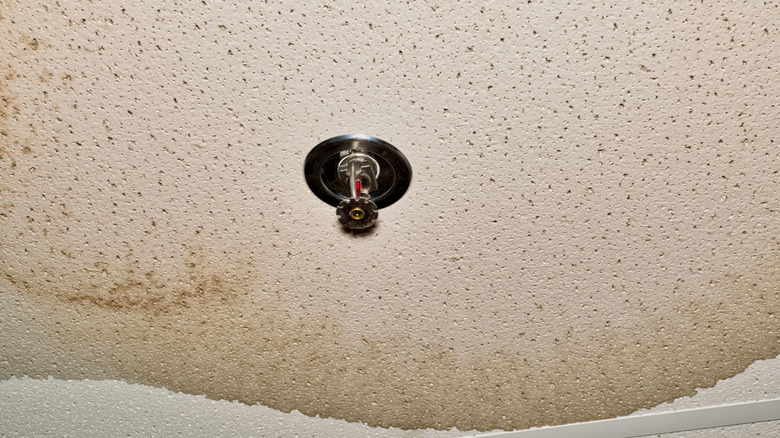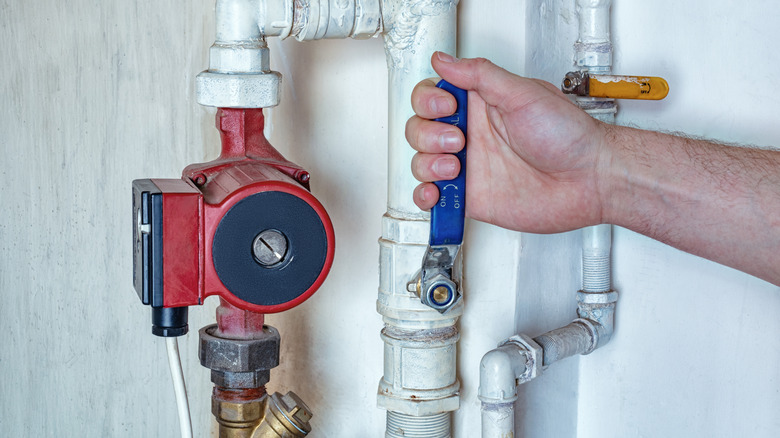What To Do About Water Leaking From A Ceiling Fire Sprinkler
Ceiling fire sprinklers are becoming more common in residential settings because of their ability to release water in the event of a fire, potentially saving lives and property. Still, just as you have to take the correct steps to test smoke detectors, fire sprinklers require regular inspections to ensure they are kept in working order. A lack of maintenance, damaged components, and freezing pipes are all possible causes of water leakage from ceiling fire sprinklers. If you notice leaking from your own residential sprinklers, you must turn off the water supply immediately, and take additional steps to assess any damage and prevent future incidents of this kind.
The first step you should take when dealing with a leaking ceiling fire sprinkler is to cut off the water supply right away. This is done by shutting off the water control valve, which is located on the main pipe that the system was connected with during the initial installation, such as in a garage. Turn the valve to the side until it is perpendicular with the water pipe. Once the rest of the water has drained from the associated pipe connected to the sprinkler, the leak should stop soon after. Keep in mind that if you need to locate your house's main water shutoff valve to turn off your ceiling sprinklers, you will temporarily lose water to the rest of your house, too.
Assessing the water damage after a fire sprinkler leak
Depending on the exact type of sprinkler in your home, the system can have a water output from 15 to 40 gallons a minute when it is activated. A leaking sprinkler may produce more or less water based on how soon you catch the problem and turn off the water source. Nevertheless, even small water leaks in your home should never be ignored. It's important to have a professional assess both the faulty sprinkler, as well as the extent of the water damage. A home restoration expert can determine the presence of harmful mold and mildew, as well as recommend steps for removing and replacing damaged flooring and drywall.
Regular maintenance is important to help prevent future leaks. This should be done with scheduled inspections from a certified contractor only. A fire sprinkler professional can also determine when you might need updates or maintenance to the system to optimize its functionality. Additionally, they may conduct semi-annual water flow testing to ensure that water moves smoothly through the system if the fire sprinklers are ever activated in an emergency.

